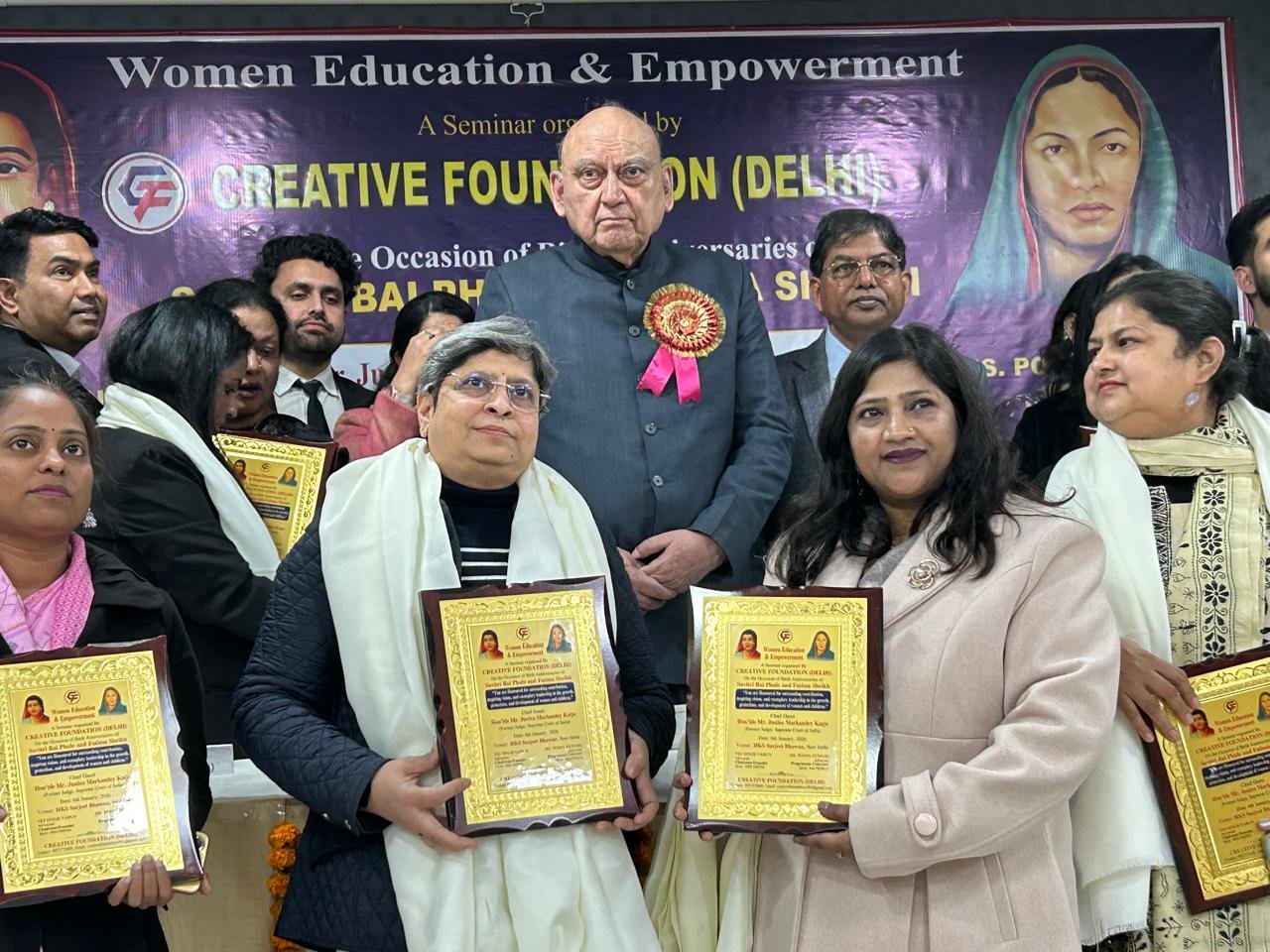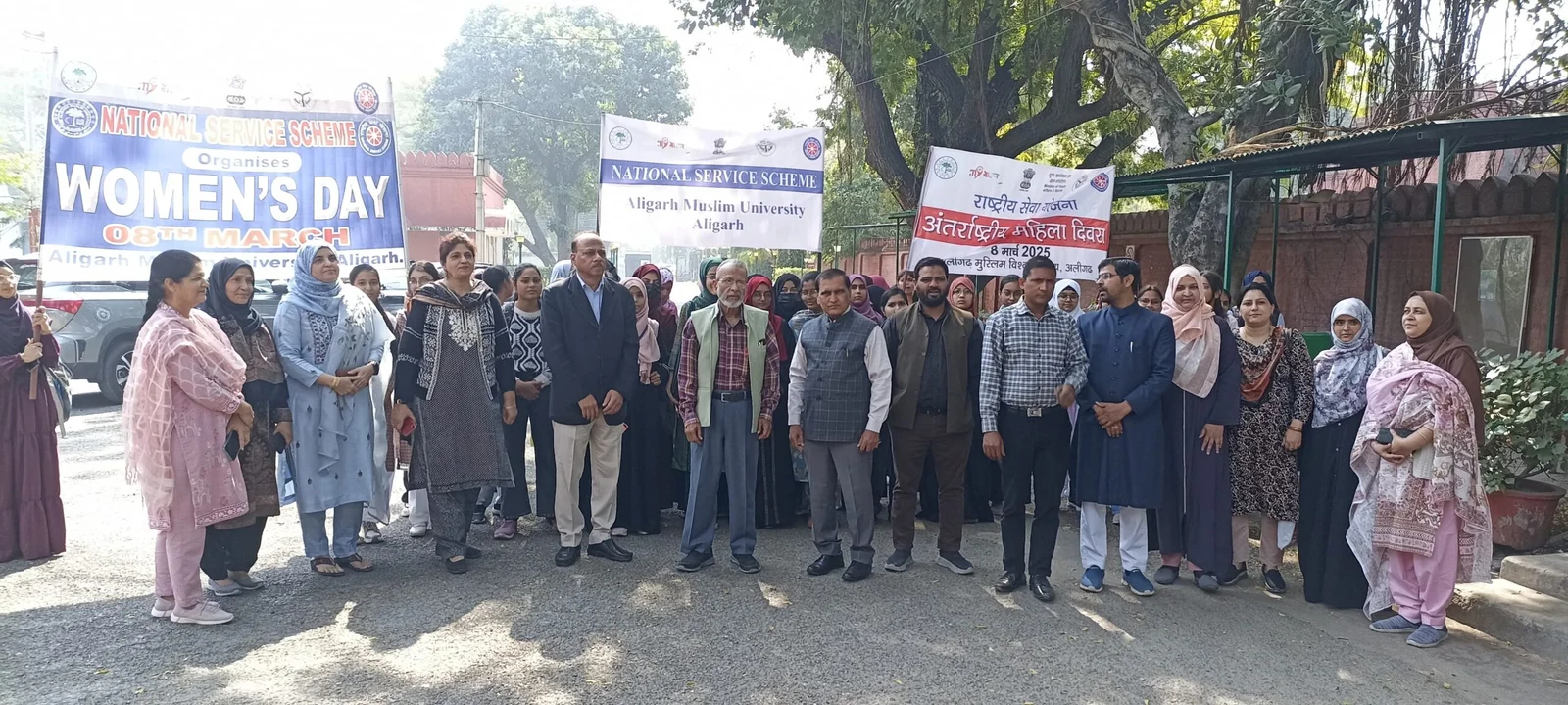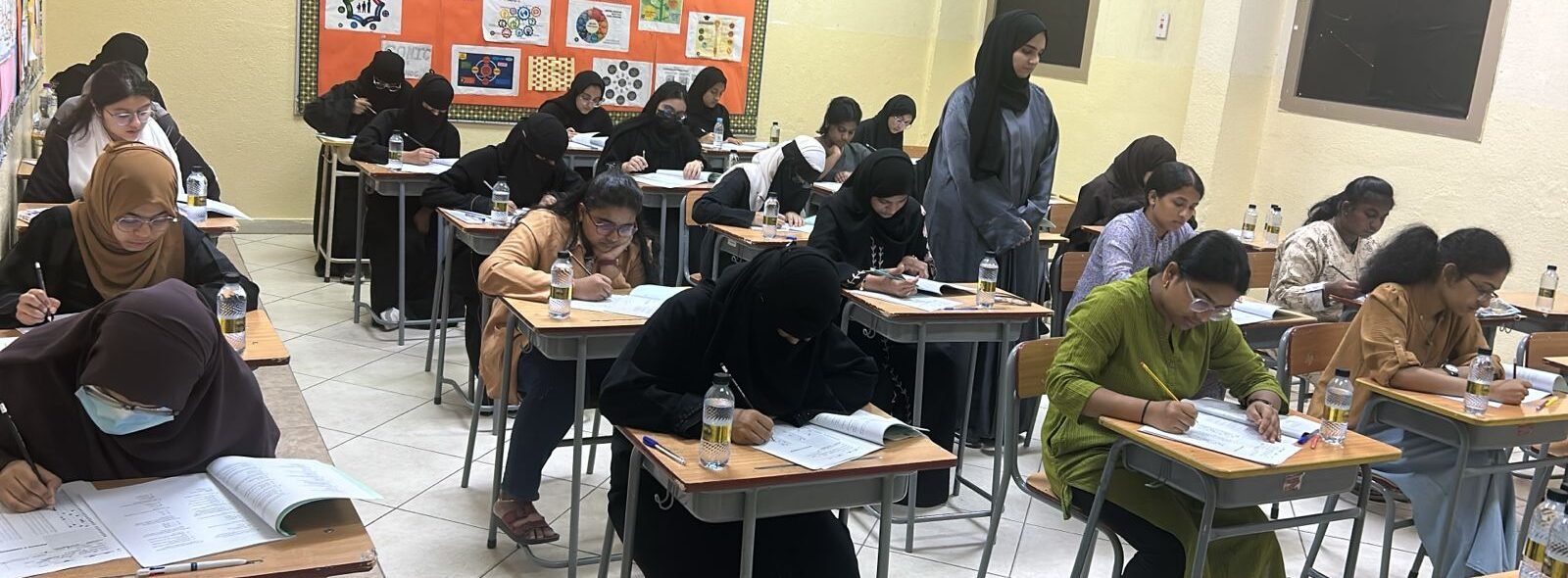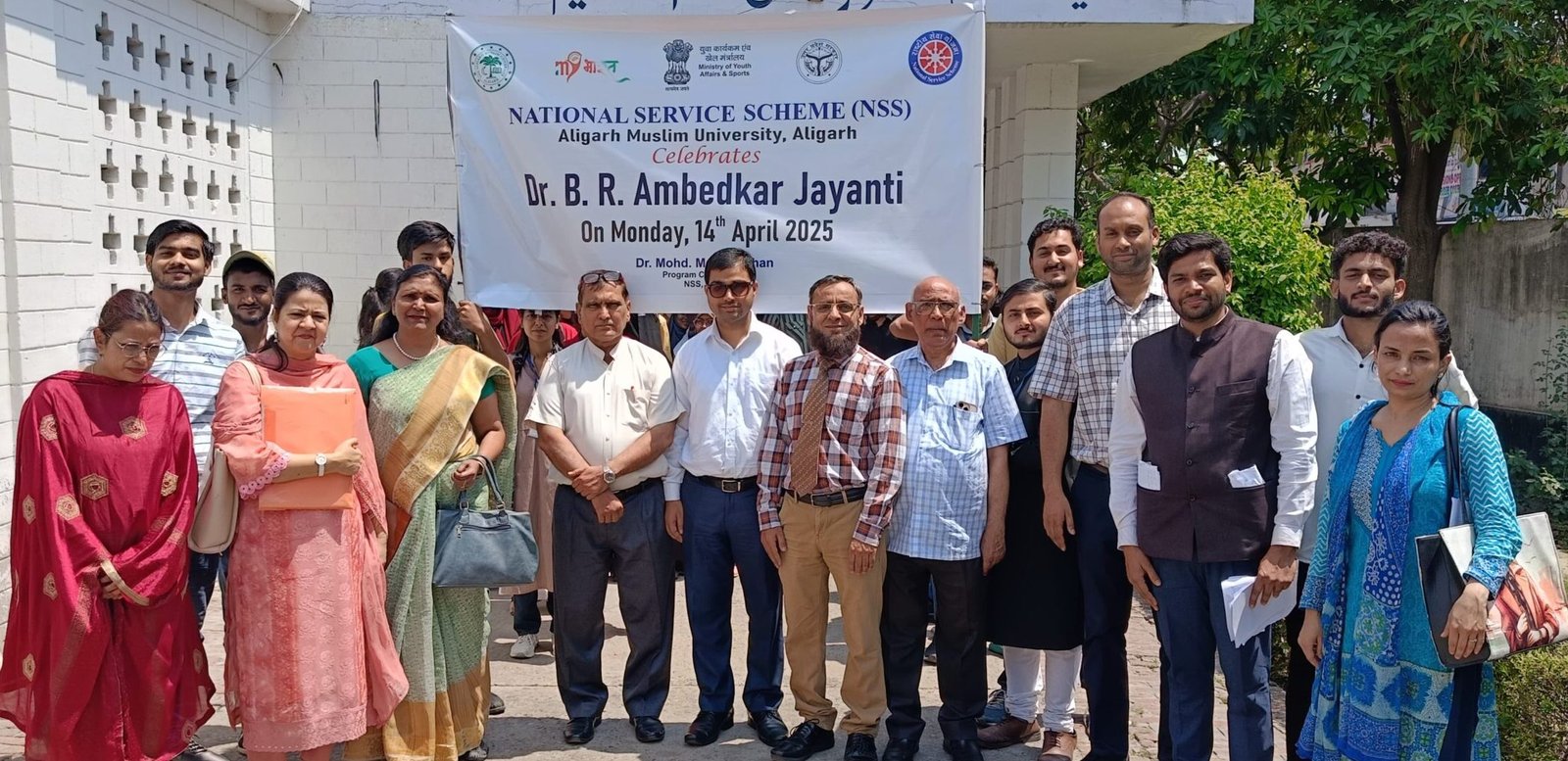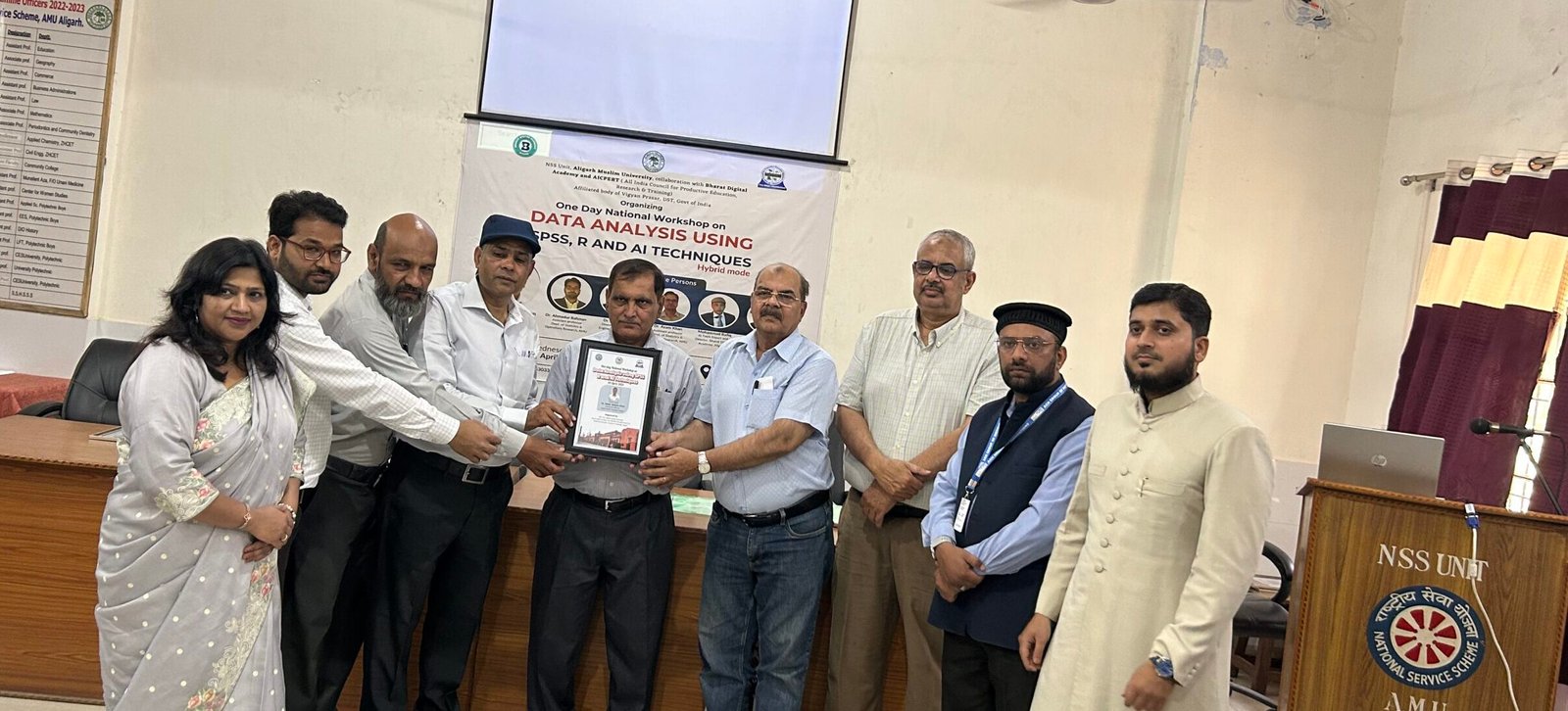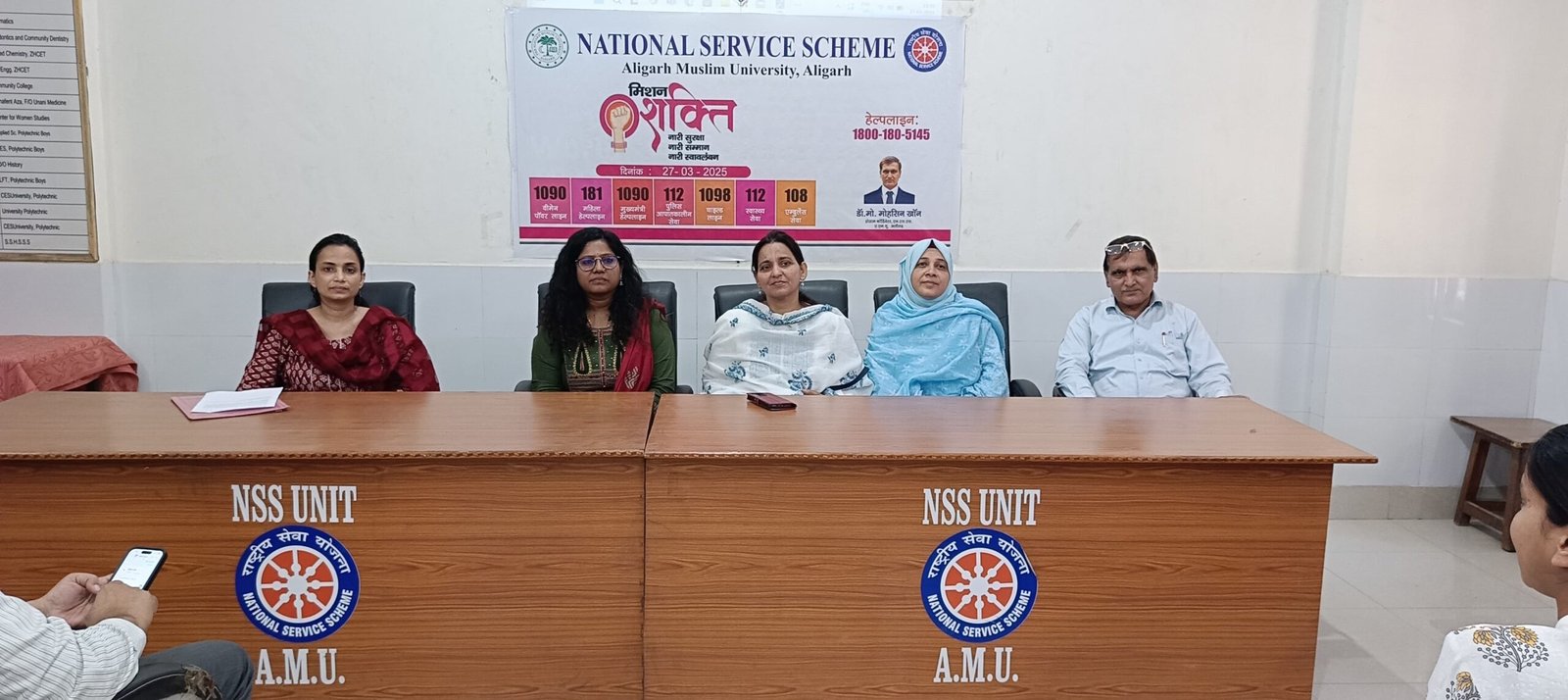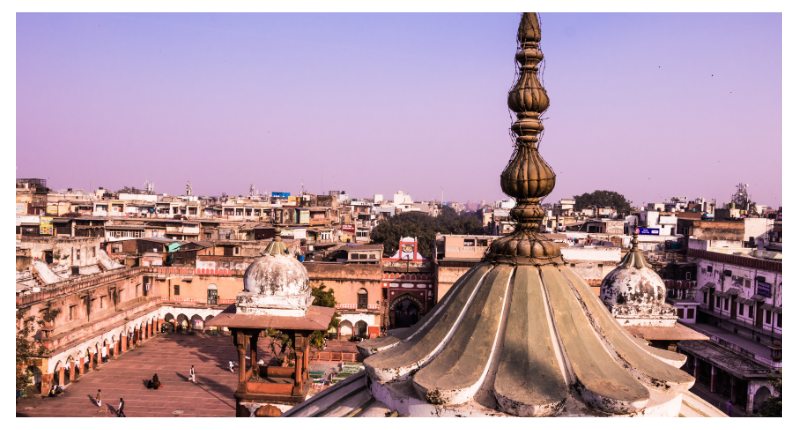
New Delhi, 6 August 24. Contrary to earlier reports that the Central Government might introduce the Waqf Amendment Bill on Monday, 5th August, it will not be tabled on that date during the parliamentary session. Instead, sources indicate that the bill will first be introduced in the Rajya Sabha. Speculations suggest that the bill may be presented in the Rajya Sabha later this week.
The amendment bill includes 40 changes to the existing law. One of the key amendments could require land to be verified before being designated as Waqf property by the board. Furthermore, land claims by various state boards will need to be re-verified. Additionally, the amendments will make it mandatory to include women in the Waqf boards.

What are the Proposed Changes?
The Waqf Amendment Bill received approval from the Union Cabinet on Friday, 2nd August. The bill proposes amendments to Sections 9 and 14 of the Waqf Act. These amendments aim to limit the powers of the Waqf Board. It is noteworthy that the UPA government in 2013 had expanded the powers of the Waqf Board through amendments to the original act. Changes to the structure of the board are also proposed.
The key amendments proposed in the Waqf Board Act include granting powers to the Survey Commissioner, who will point out the state Waqf Board and conduct surveys and preparation of lists of Waqf properties. The Survey Commissioner’s report will be sent to the State Government, which will then issue a Gazette notification. If the Gazette notification is not challenged within a year, it becomes final. The amendments also aim to establish an Administrative Tribunal for Waqf and dilute the powers of the Tribunals, which could affect enforcement of cases.
Political implications of the amendments to the Waqf Board Act
The political implications of the amendments to the Waqf Board Act are significant. The proposed changes could lead to a dilution of powers and autonomy of the Waqf Boards, ultimately increasing government control over these bodies. This could be seen as an attempt to interfere in the management of Waqf properties and could be perceived as against the principles of religious freedom. Additionally, the amendments could lead to disputes over the status of mosques and shrines, with the government potentially creating artificial disputes to control the outcomes.
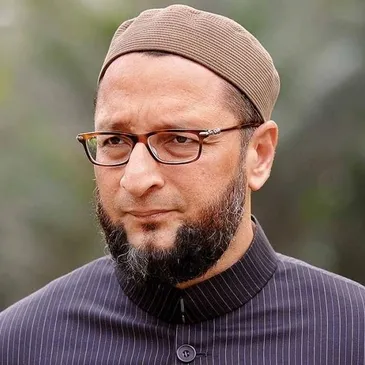
He mentions that the amendments could be seen as an attempt by the Modi government to encroach upon the autonomy of the Waqf Board and interfere in its functioning. Owaisi also points out that the BJP and RSS have historically been against the Waqf Board and its properties, suggesting a Hindutva agenda behind the proposed changes. He raises issues about the potential dilution of powers of the Tribunals and the government’s control over survey outcomes, which could impact the handling of disputed properties, including mosques and shrines in India.
Asaduddin Owaisi, President (AIMIM)

For a long time there have been continuous demands and representations from the poor and common Muslims, including women, to make waqf properties more transparent and efficient.
Kiren Rijiju, Hon’ble Minister of Minority Affairs and Chairperson Central Waqf Council
What is Waqf Board
Under Section 3 (r) of “The Waqf Act-1995 as amended in 2013,” a waqf is defined as the permanent dedication by any person of any movable or immovable property for any purpose recognized by Muslim law as pious, religious, or charitable. This includes:
- A waqf by user, which remains a waqf despite any cessation of usage.
- Properties such as Shamlat Patti, Shamlat Deh, Jumla Malkkan, or similar entries in revenue records.
- Grants, including mashrat-ul-khidmat, for purposes recognized by Muslim law as pious, religious, or charitable.
- Waqf-alal-aulad, where property is dedicated for pious, religious, or charitable purposes, with income directed towards education, development, and welfare when the line of succession fails.
Historical and Social Context:
The institution of waqf in India dates back 800 years, initiated by Muslim rulers who donated large tracts of land for charitable purposes. Today, there are approximately 300,000 registered waqf properties in India, accounting for around 400,000 acres of land, making waqf boards the third-largest landholders after the Railways and Defence.
Significance:
A waqf deed is irrevocable and perpetual, symbolizing the surrender of property to God. Waqf properties serve religious, social, and economic roles within the Muslim community, supporting mosques, dargahs, schools, colleges, hospitals, and musafirkhanas.
Etymology and Concept:
The term waqf originates from the Arabic word “waqufa,” meaning “to detain” or “to hold.” Historically, the concept emerged when the second Khalifa Omar acquired land and sought the Prophet Muhammad’s advice on its best use. The Prophet suggested dedicating the property for the welfare of humanity, ensuring it is not sold, gifted, or inherited, and using its produce for charitable purposes.
Legal Interpretations(Islamic):
- Imam Abu Hanifa: Waqf is the detention of specific things in the ownership of the waqif (donor), with profits or products devoted to charity.
- Imam Abu Yusuf and Imam Muhammad: Waqf signifies the extinction of the waqif’s ownership, with the property held in the implied ownership of God, and profits applied for the benefit of mankind.
Although there is no direct Quranic injunction regarding waqf, hadith literature provides guidance, such as the hadith where Ibn Umar reported that Umar-Ibn-Al-Khitab received advice from the Prophet Muhammad to make property inalienable and give its profits to charity.
Waqf represents a significant charitable and religious institution within Muslim law, ensuring the permanent dedication of property for the benefit of society, reflecting deep historical and religious roots.
News sources: Punjab Govt site and ABP News


